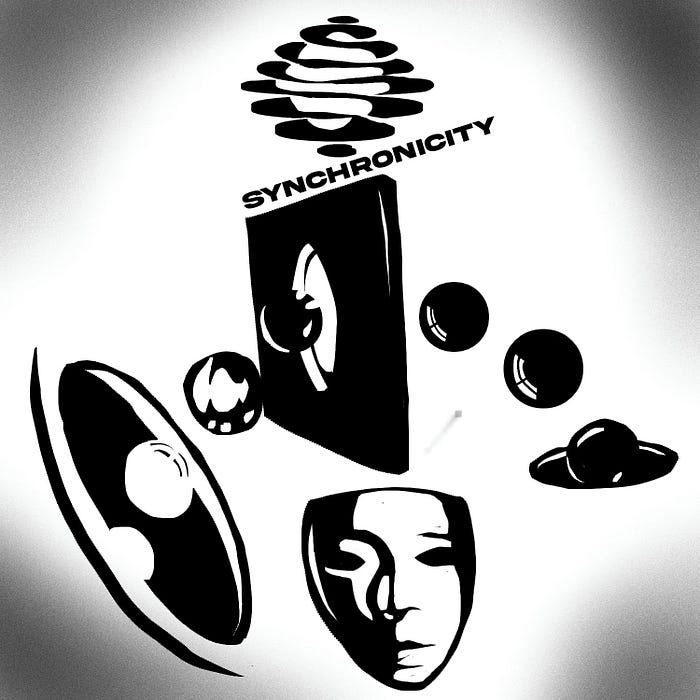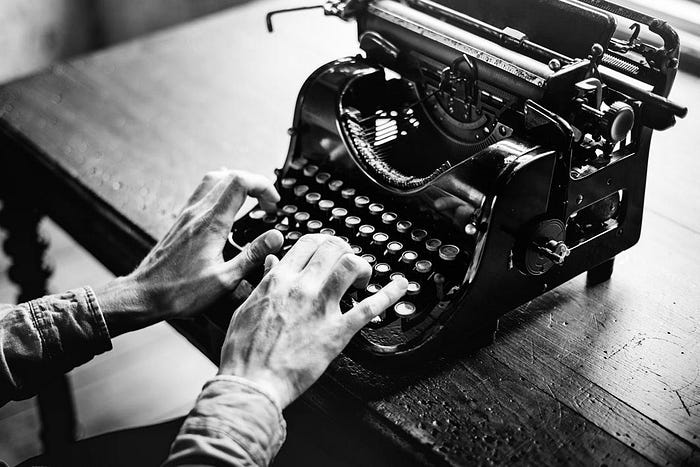Writing Deliberately — Day 3/1000

Any task worth doing, is worth doing slowly.
Slow equals smooth, smooth equals fast.
And that’s where I say that the fun of writing comes from.
I’ve spent some time reading about writers and I found that sometimes writing can be a taxing process, especially when one needs to finish writing for a deadline.
A few others, such as myself, who is here to focus on improving my writing style and be better at this skill are focused on making sure that I put up certain piece and publish it on a daily basis to make sure that I have a chain of blog posts.
There
are times where I find myself frenzied and hassled to finish my quota
for the day and being frustrated about finishing my blog post.
What people are going to thing if they read it, or the anxiety of this blog post never being read anyway.
There was no sense of peace when I write like this, it’s all a means to an end.
Telling myself, someday I’ll become a better writer, someday all this is going to be worth it.
That’s the pitfall right there in my logic.
Ontologically,
the act of writing for me is to prove a point that I am someone who is
productive ( I mean look at the body of my work! it’s maybe not a
hot-bod sure, but hey, it exists!).
What’s missing here is fun.
I
am not having fun writing and that’s why I had given up twice over the
last time I wrote on medium and what’s more coming back and writing here
again feels like an obligation.
An impulsive decision of mine to maximize profits. An investment that would pay up in the future, not right now obviously because right now I got to slog through it.
Then, I began to imagine what would it be like if I really was having fun writing…
I would be at peace, excited to reach the end of the day and let flow my thoughts on the pixelated paper typing it all out.
I
would find myself calmly typing the words one at a time, deliberately
thinking about the person who would eventually read it and what kind of
impression that person would have.
I began to think about what I would share with this person, what portion of my mind and theirs would meld or the parts where we would disagree upon.
These
are the possibilities that would be present for me and what I saw was
that it would mean a lot for me to have this present in my life.
No
more would writing a blog be about making a business decision or an
“investment” for my future that I wouldn’t want to regret…
It would be something that I find joy and peace in.
It
would be about crafting these perfect essays that would make the reader
go on a journey and facilitate and kind of awakening that I have
experienced in the past whilst reading the great writers of the past.
It’s a sense of discovery that I am going through and whatever I post here would someday grow into the likes of Leonardo’s journals or at least one can aim towards that kind of an impact.
Reading
the biography of Leonardo Da Vinci, written by Walter Issacson was such
an incredible experience that I would love to read that book again.
Exploring
Leonardo’s life and the creativity that he displayed gave me an insight
into the kind of person you see everyday. The fatally curious type.
I
promise in the next coming days, as I go on the journey to fulfil on my
1000 days of writing my essays on medium I shall commit myself to
produce better and do better writing.
Until then goodbye!




